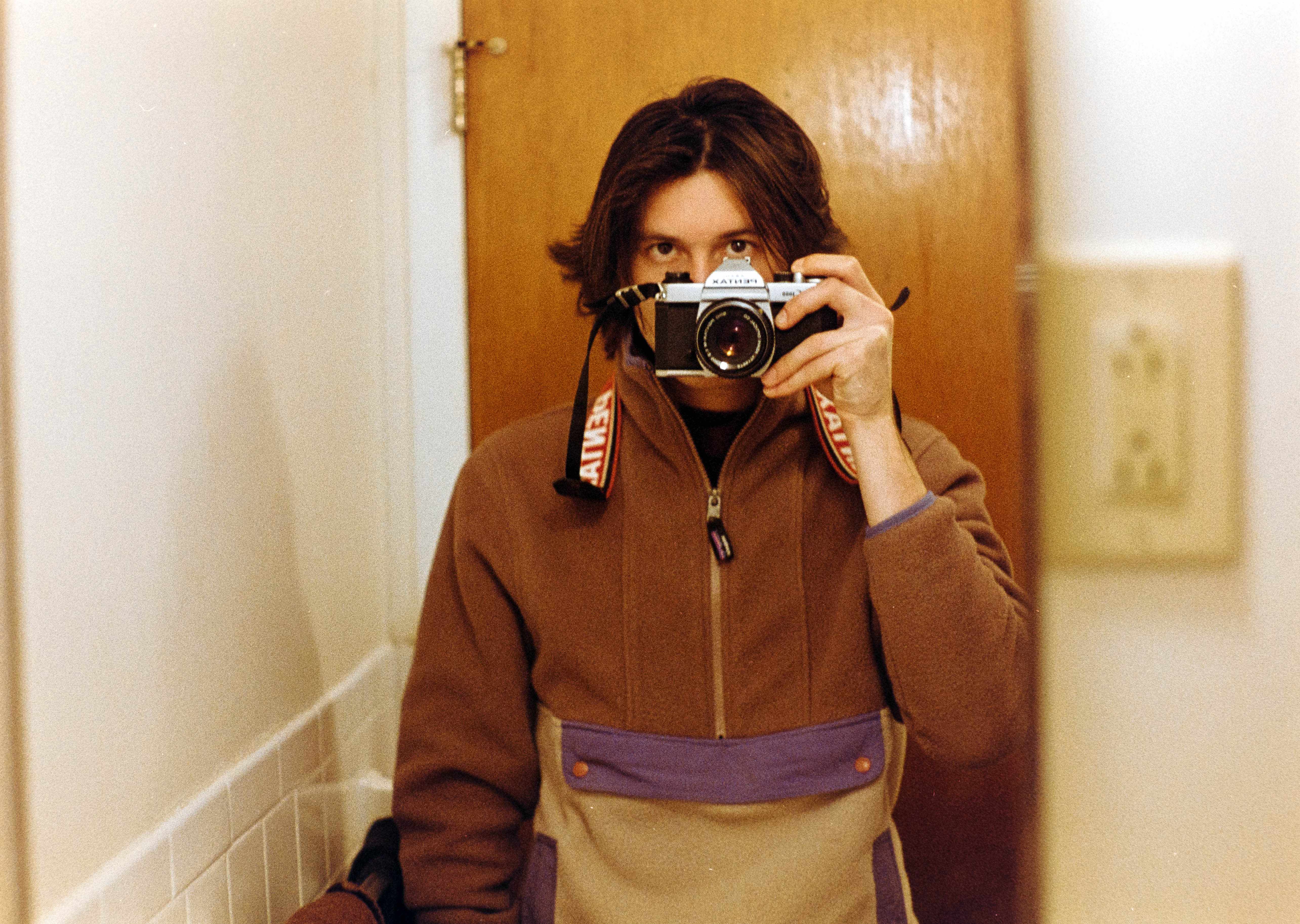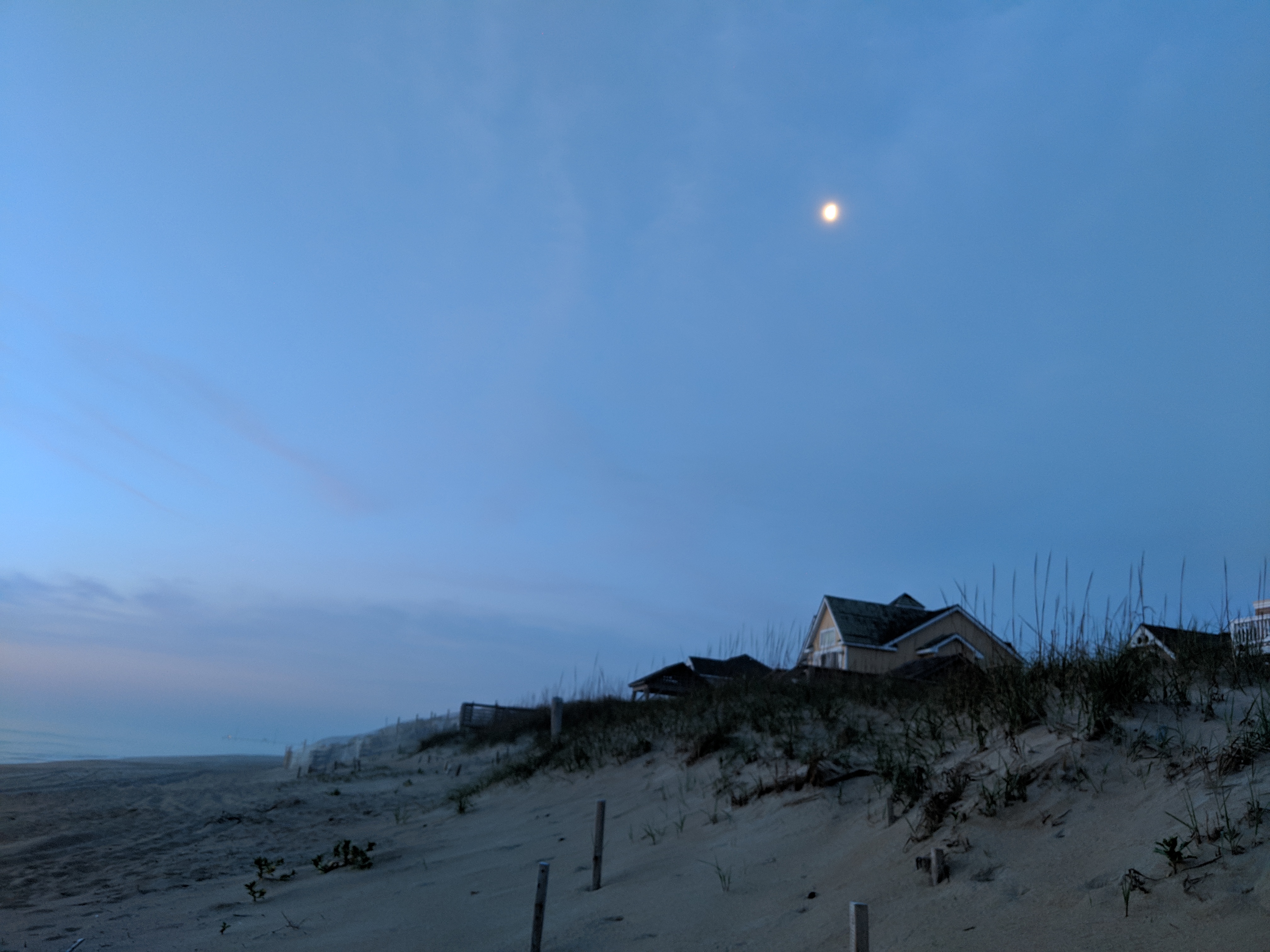

I find it rude when people on the bus put their bag on the empty seat next to them, so that you have to ask them to move it when there are no empty rows left. It’s strangely hostile to me.
I think its just polite to leave your bag off the seat until the bus is boarded.



I feel that way as well